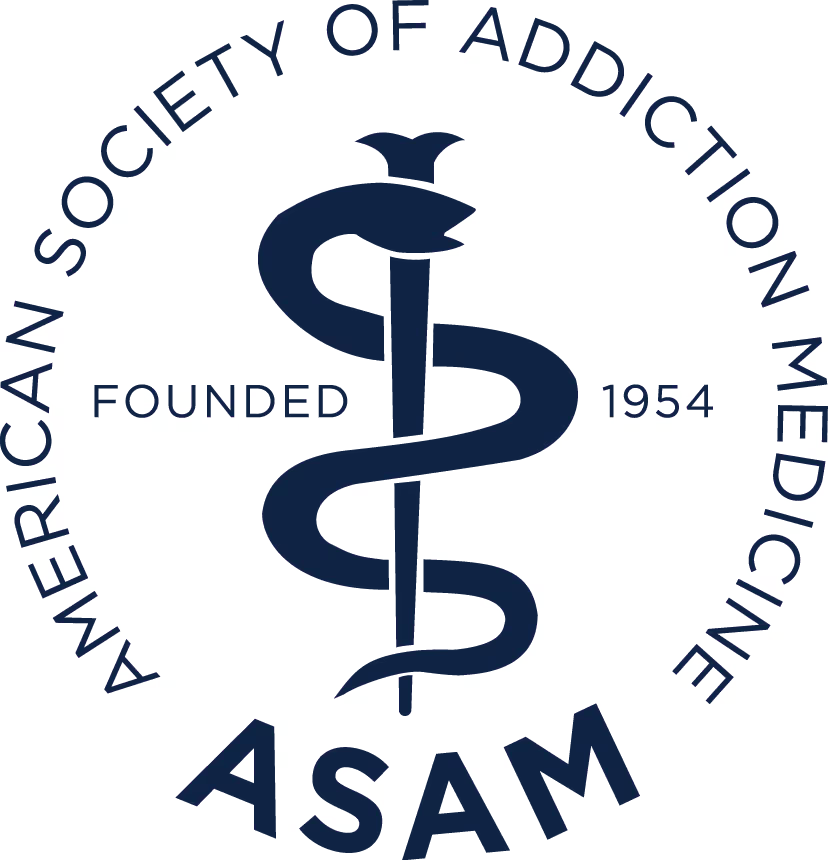Alcohol withdrawal is one of the most challenging and potentially dangerous stages in the recovery process. For those who have been drinking heavily or consistently over time, suddenly stopping alcohol use can trigger a cascade of physical and psychological symptoms. In some cases, these symptoms can escalate into life-threatening medical emergencies.
Understanding the signs, timeline, and safest treatment options is essential for anyone considering sobriety after heavy or prolonged alcohol use. It is imperative that those seeking detox and rehab are provided medically supervised, compassionate care during this vulnerable period, ensuring safety and comfort from the first day forward.
Common Symptoms of Alcohol Withdrawal
The severity of alcohol withdrawal varies greatly depending on the level of dependence, overall health, and history of use. Some people may experience mild discomfort, while others face intense, dangerous symptoms that demand urgent care.
Possible withdrawal symptoms include:
- Tremors or shakiness
- Profuse sweating and chills
- Nausea or vomiting
- Anxiety, restlessness, or irritability
- Rapid heart rate and elevated blood pressure
- Difficulty sleeping (insomnia)
- Headaches and sensitivity to light or sound
- Hallucinations, disorientation, or confusion (in severe cases)
- Seizures or delirium tremens (DTs)
It’s important to remember that withdrawal symptoms can escalate quickly, even in people who start with milder effects. This unpredictability is why medical supervision is strongly recommended for anyone detoxing from alcohol.
Timeline of Alcohol Withdrawal
While no two withdrawal experiences are exactly the same, the process often follows a predictable timeline:
6–12 Hours After Last Drink:
Early symptoms such as anxiety, mild tremors, headaches, and difficulty sleeping may begin. You might also notice digestive issues like nausea or reduced appetite.
12–48 Hours:
Symptoms tend to intensify during this period. Blood pressure and heart rate may rise, tremors worsen, and mood disturbances increase. Some individuals experience hallucinations, which can be visual, auditory, or tactile, and frightening or disorienting.
48–72 Hours:
This is considered the most critical phase of withdrawal, particularly for those at risk of severe complications. Seizures and delirium tremens (DTs) - characterized by confusion, extreme agitation, and rapid shifts in heart rate and blood pressure - are most likely to occur during this window. DTs are a medical emergency requiring immediate intervention.
Beyond 72 Hours:
Physical symptoms begin to subside, but emotional instability, anxiety, and sleep problems can persist for days or weeks. This stage is often when the mental challenges of recovery become more apparent, underscoring the need for continued care beyond detox.
Why Medical Detox is Essential
Detoxing from alcohol without medical support is risky for several reasons:
- Unpredictable Severity – You can’t always predict who will experience seizures, hallucinations, or DTs, making it unsafe to attempt withdrawal alone.
- Rapid Onset of Complications – Severe symptoms can develop within hours, leaving little time to seek help.
- Physical Stress – Withdrawal places significant strain on the heart, brain, and nervous system.
- Emotional Distress – Anxiety, depression, or suicidal thoughts can surface during withdrawal, particularly for those with co-occurring mental health conditions.
At an alcohol detox residential center, like Regal Treatment, every stage of withdrawal is monitored closely. This allows our clinical team to respond to complications immediately and prevent small issues from becoming medical emergencies.
How Regal Treatment Manages Alcohol Withdrawal
Our Southern California-based luxury alcohol rehab program pairs medical oversight with a calming, private environment. Clients benefit from:
- Continuous Monitoring – Vital signs, symptoms, and emotional state are checked frequently.
- Medication Support – FDA-approved medications help reduce withdrawal severity, stabilize vital signs, and prevent seizures or DTs.
- Nutritional and Hydration Therapy – Chef-prepared, nutrient-rich meals and hydration support help restore physical balance.
- Therapeutic Intervention – Counseling and emotional support are available from the very first day to help clients manage fear, anxiety, or uncertainty.
Addressing Co-occurring Issues
Alcohol withdrawal doesn’t occur in isolation, it often coincides with underlying mental health challenges such as depression, anxiety, or trauma. Our dual diagnosis treatment approach addresses both conditions together, ensuring that once withdrawal is complete, clients are equipped to continue recovery without untreated mental health symptoms driving relapse.
The Transition Beyond Detox
Completing detox is a major accomplishment, but it’s only the first step in recovery. Without follow-up treatment, the risk of relapse remains high. At Regal Treatment, clients seamlessly transition from medical detox into residential care or outpatient programs that focus on:
- Identifying the root causes of alcohol dependence
- Building healthy coping mechanisms
- Strengthening emotional resilience
- Learning relapse prevention strategies
We integrate evidence-based therapies like Cognitive Behavioral Therapy (“CBT”), Dialectical Behavior Therapy (“DBT”), and trauma therapy, along with holistic practices such as mindfulness, yoga, and fitness programs, to promote long-term sobriety.
Why an Individual-Focused Rehab Environment Matters
Withdrawal is a demanding process; physically, mentally, and emotionally. Being in an individual-focused rehab environment helps reduce stress, promote relaxation, and allow clients to focus entirely on healing. At Regal Treatment, private accommodations, serene outdoor spaces, and attentive 1-on-1 care create an atmosphere where clients feel respected, safe, and supported.
Your Safety is Our Priority
Attempting to quit alcohol cold turkey at home is dangerous, even for those with strong motivation. The safest and most effective way to begin recovery is in a medically supervised alcohol detox program that offers:
- Immediate access to medical intervention
- Around-the-clock professional care
- Emotional and psychological support from day one
- A structured transition into ongoing treatment
Alcohol withdrawal can be unpredictable and, in some cases, life-threatening—but it doesn’t have to be endured alone. With Regal Treatment’s comprehensive, compassionate, and medically managed approach, you can start your recovery in safety, comfort, and dignity.
Call Regal Treatment today at 818-533-9993 to learn more about our facility and addiction treatments for yourself, a loved one, or a friend. We offer free insurance verification and are always 100% confidential.
.png)
.png)
.png)
.png)
.png)
.png)
.avif)


